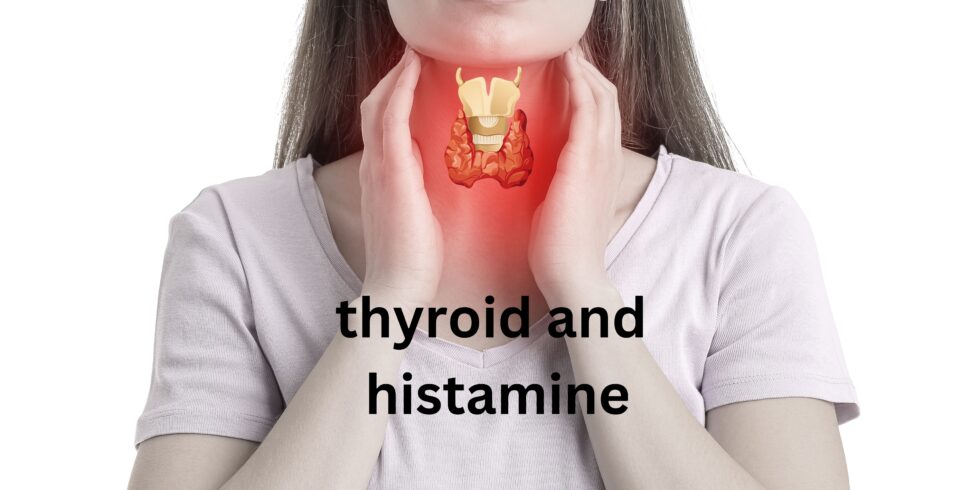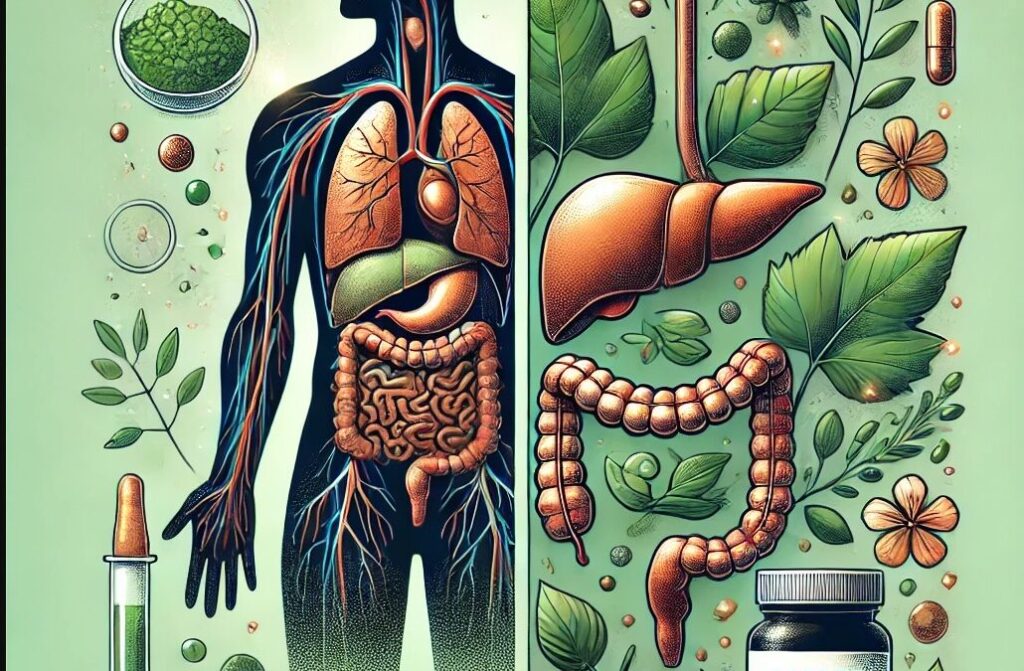In the intricate dance of human biology, trace elements play crucial yet often understated roles. Among them, copper stands out for its significant impact on reproductive health. This essential nutrient, though required in minute quantities, plays a pivotal role in various biological processes critical to reproductive function. In this blog, we will dive into the fascinating science behind copper’s role in reproductive health, unraveling how this seemingly minor element holds major importance.
Copper is more than just a metal; it’s a vital nutrient that influences the health and functioning of our entire body, including the reproductive system. From enzyme function to hormone production, copper’s influence is both broad and profound. Its role in reproductive health, however, is particularly noteworthy.
Firstly, copper is integral in the proper functioning of enzymes. Enzymes are biological catalysts, and many of them require copper to function effectively. These enzymes are involved in crucial processes like energy production, iron metabolism, and the formation of connective tissues. In the context of reproductive health, the proper functioning of these enzymes ensures that the reproductive organs receive adequate energy and nutritional support.
Copper plays a significant role in hormone regulation. Hormones are the body’s chemical messengers, orchestrating various functions, including those related to reproduction. Copper’s influence on hormones like estrogen and progesterone is particularly critical. It helps in maintaining the balance and proper functioning of these hormones, which is essential for fertility and healthy reproductive cycles.
Also, copper’s antioxidant properties cannot be overlooked. Oxidative stress, which involves the damage caused by free radicals, can be detrimental to reproductive health. Copper’s role as an antioxidant helps to protect the cells in the reproductive system from oxidative damage, thus preserving their health and functionality.
As we delve deeper into the science of copper in reproductive health, it becomes clear that this trace element, often overshadowed by more prominent nutrients, is a key player in the complex symphony of human biology. In the following sections, we’ll explore the specific ways in which copper contributes to reproductive health, the consequences of copper deficiency, and how to ensure adequate copper intake for optimal reproductive well-being.
Collagen synthesis
Copper is integral to the synthesis and upkeep of collagen, serving in several critical capacities. Here’s a breakdown of its five primary functions:
- Cofactor for Lysyl Oxidase: Copper is vital for the enzyme lysyl oxidase, which catalyzes the cross-linking of collagen fibers. This process is crucial for providing collagen with its characteristic strength and structure.
- Role in Elastin Formation: Beyond its collagen-related functions, copper is significant in forming and maintaining elastin, a vital component of connective tissues. Elastin is responsible for imparting elasticity to these tissues, and its production is intimately linked with that of collagen.
- Aid in Wound Healing: Copper plays a multifaceted role in wound healing. It is involved in angiogenesis, the development of new blood vessels, ensuring the efficient transport of essential nutrients and oxygen to the healing area. This is crucial for new collagen formation

Copper’s Crucial Role in Men’s Reproductive Health
In the realm of male reproductive health, copper stands out as a trace element of immense significance. Its roles span various aspects, from sperm development to hormonal balance. Here’s a detailed look at these functions:
- Sperm Development: Copper is integral to the process of spermatogenesis – the production and maturation of sperm. It plays a vital role in ensuring the overall health and viability of sperm, which is essential for fertility. Copper’s influence on sperm formation involves aiding in the proper functioning of enzymes and hormonal pathways that govern this complex process.
- Antioxidant Defense: As a key component of the enzyme superoxide dismutase, copper is central to the body’s defense mechanism against oxidative stress. This protective role is particularly crucial for sperm, as oxidative stress can lead to DNA damage, impaired motility, and overall reduced sperm quality. By mitigating oxidative damage, copper helps maintain the integrity and functionality of sperm.
- Testosterone Regulation: Copper’s influence extends to the regulation of testosterone, a hormone critical for male fertility and sexual health. By modulating the levels and activity of testosterone, copper indirectly impacts various aspects of male reproductive health, including libido, sperm production, and overall sexual function.
- Structural Integrity of Reproductive Organs: Copper’s role in collagen and elastin synthesis is not just about maintaining skin or connective tissue health; it also contributes to the structural integrity and proper functioning of male reproductive organs. This aspect of copper’s function ensures that the organs involved in reproduction are healthy and capable of performing their roles effectively.
- Immune System Function: Adequate levels of copper are essential for a robust immune system. A healthy immune system is vital in maintaining overall reproductive health and in safeguarding the reproductive system against infections and diseases that could impact fertility.

Copper: A Key Element in Women’s Reproductive Health
Copper, a trace element in the human body, has numerous vital functions in women’s reproductive health. Here’s a closer look at its eight key roles:
- Hormonal Regulation: Copper has a significant interplay with estrogen, a key hormone in female reproductive health. This interaction is crucial for maintaining hormonal balance, which is essential for the regularity of menstrual cycles and overall reproductive health.
- Egg Maturation: Copper plays a role in the energy production within egg cells (oocytes), which is fundamental for their maturation. This process is crucial for the eggs’ readiness for fertilization, underlining copper’s importance in the conception process.
- Fertility Enhancement: Optimal copper levels are crucial for enhancing fertility. Copper supports various reproductive functions and processes, making it an essential element for women trying to conceive.
- Collagen Synthesis in Reproductive Tissues: As a cofactor for enzymes involved in collagen synthesis, copper contributes to the health and structural integrity of reproductive organs and tissues. This synthesis is vital for maintaining the resilience and function of these organs.
- Embryonic Development: In the early stages of embryonic development, copper is instrumental. It influences the formation of critical structures such as the heart, blood vessels, and skeletal system, indicating its role in healthy embryonic growth.
- Antioxidant Protection: Copper is a component of antioxidant enzymes, notably superoxide dismutase. These enzymes protect reproductive tissues from oxidative stress and potential damage, preserving their health and functionality.
- Immune System Support: The role of copper in supporting the immune system is particularly important in maintaining a healthy reproductive system. A robust immune system protects against infections and diseases that can affect reproductive health.
- Menstrual Health: Imbalances in copper levels can have a direct impact on menstrual health. This can manifest as symptoms like heavy menstrual bleeding or irregular menstrual cycles, highlighting the need for balanced copper levels for menstrual well-being.

Factors Leading to Copper Imbalance in Men and Women
Dietary Influences:
- Insufficient Intake: A diet lacking in copper-rich foods can lead to a deficiency. Foods high in copper include liver, oysters, dark chocolate, nuts, and seeds. A consistently low intake of these foods can reduce copper levels in the body.
- Excessive Intake: Conversely, excessive consumption of copper, either through diet or supplements, can lead to toxicity. This is less common but can occur with unregulated use of copper supplements or in environments with high copper exposure.
Lifestyle Factors:
- Alcohol Consumption: Excessive alcohol intake can affect copper absorption and metabolism, leading to imbalances.
- Smoking: Smoking can affect mineral absorption, including copper, leading to potential deficiencies.
- Environmental Exposure: Occupational or environmental exposure to copper (like working in mining or metal industries) can increase the risk of copper overload.
Hormonal Influences:
- Estrogen Levels: Copper levels in the body can fluctuate with changes in estrogen levels. For example, during pregnancy, estrogen levels rise, leading to increased copper levels. Postmenopause, decreased estrogen can affect copper balance.
- Thyroid Function: Thyroid hormones can influence copper metabolism. Conditions like hypothyroidism can alter copper levels.
Oral Contraception:
- Birth Control Pills: Oral contraceptives containing estrogen can increase copper levels in the body. The estrogen in these pills can cause an increase in copper retention, leading to higher than normal levels. This is why some women on birth control pills may experience symptoms related to copper excess.
- Hormonal Fluctuations: The hormonal changes induced by oral contraceptives can also affect other minerals and vitamins, potentially impacting copper metabolism indirectly.
So what can you do?
For one, the HTMA Supercharged program is a great start. In this program, you get an HTMA test, a custom mineral and vitamin supplement powder customized just for you. You also get a free bottle of the micronized Zeolite called Zeocharge. All of these will quickly help you balance your copper levels so you can improve your chances at a successful and healthy pregnancy.
Learn more here : HTMA Supercharged .
Questions? No problem. Simply message us here and our chat assistant will gladly answer your questions http://ichealer.com/




